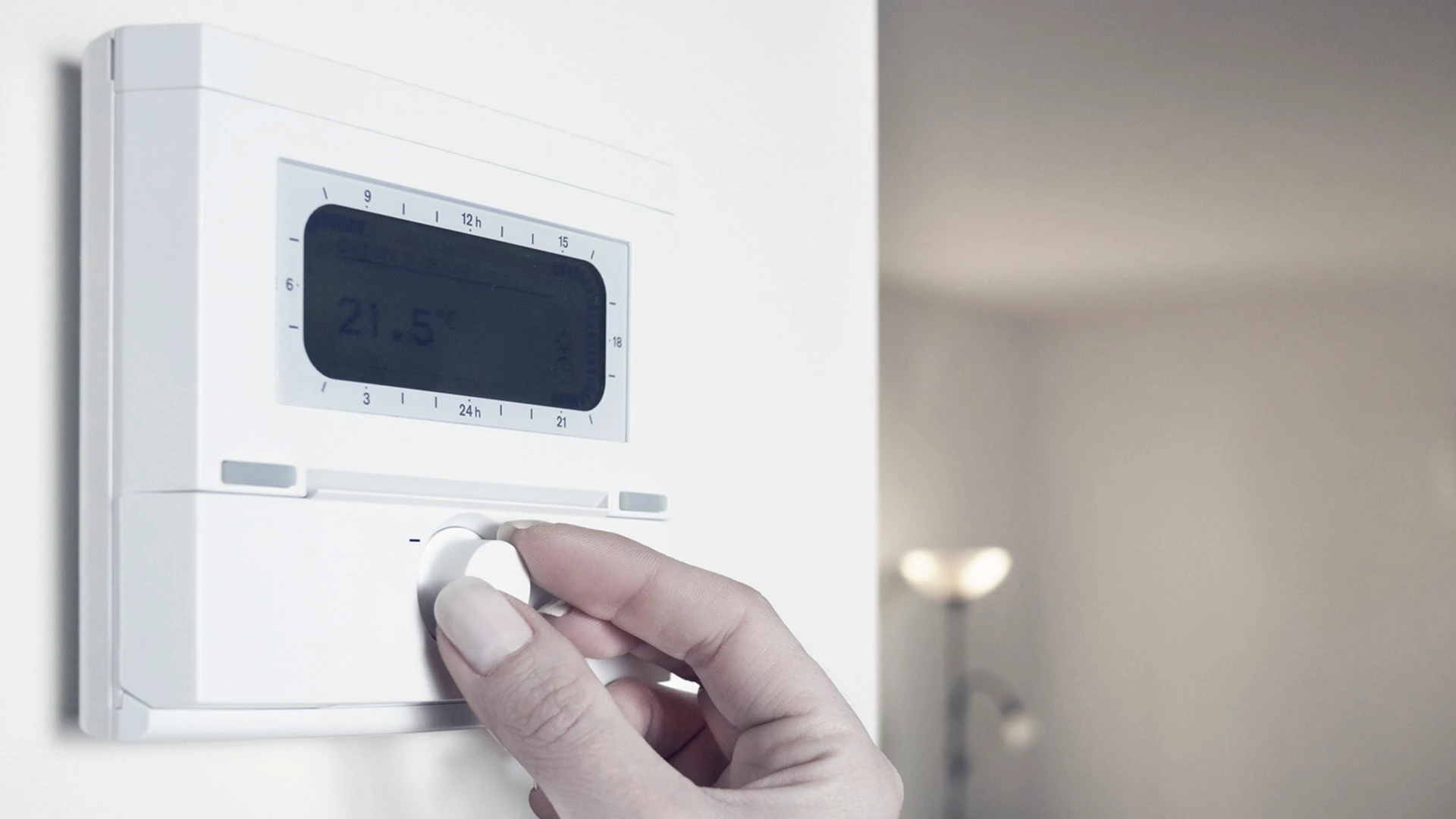The energy efficiency of homes gets increasing attention as regulators develop Minimum Energy Performance Standards, Nordea and other finance providers make net-zero commitments and home buyers and tenants demand energy-efficient buildings. Energy-efficient homes in the Nordics tend to sell at higher prices and cost less to heat, and energy renovation projects may be eligible for subsidies.
In addition, climate proofing buildings in collaboration with municipalities helps to reduce the risk of hazards from flooding, landslides, forest fires and soil erosion. These climate events otherwise have the potential to abruptly and negatively impact quality of life, building durability and value.
Making homes more energy efficient is also a way to reduce the impact of seasonal pressures on energy supply, national energy consumption limits, rising emission prices and more frequent extreme weather events – while at the same time supporting the transition to a fossil-free future.
To boost energy renovation rates and reduce the energy consumption of buildings, the EU Commission has proposed a revision of the Energy Performance of Buildings (EPBD) directive and adopted the EU Emissions Trading System to also include building fossil heating (EU ETS II). The EPBD revision proposes to introduce Minimum Energy Performance Standards in homes by 2030, while EU ETS II introduced a carbon price of fossil fuel used to heat buildings. Both developments may require and stimulate energy renovation of homes especially within lower energy classes.
Nordea encourages home owners to analyse the energy efficiency of their homes and discuss the financing of energy renovation with their Nordea adviser. Energy renovations such as additional insulation layers, LED lighting, solar panels and heat pumps do indeed require investments and thus often financing. On the other hand, the positive incentives for home owners include lower monthly heating costs, higher building value, renovation subsidies and a positive impact on the climate.
In conclusion, home owners face risks as well as opportunities in connection with home energy efficiency. Energy renovations can reduce identified risks and help owners take advantage of the financial renovation subsidies that are available.




